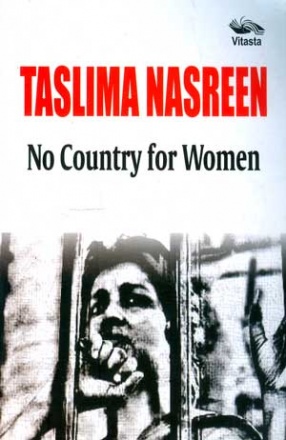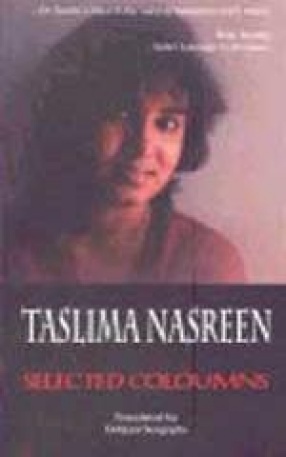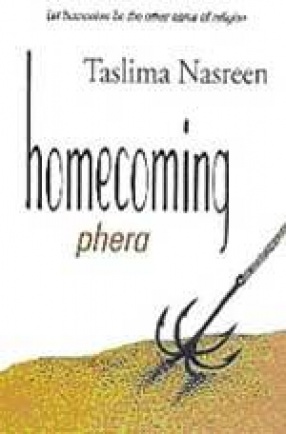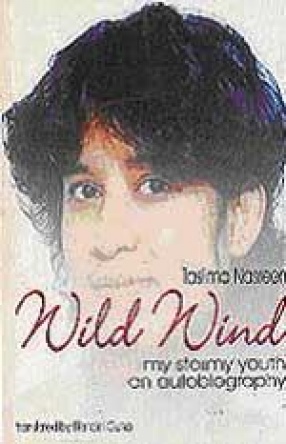
Showing all 4 books




This book is a collection of Taslima Nasreen’s essays which revolt against the status of women in this man-made world. Taslima says that there is no place which belongs to women and hence they have to fight for every inch of ground to get their rightful place.Her fans laud her acuity of observation, sharpness of presentation and boldness of articulation. They are running fan clubs and blogs in her name even when she is unaware of those. Her critics dislike ...

Taslima Nasreen's 'Nirbachita Kalam' (Selected Colomns) came out in 1992 and a second volume in 1993 called 'Nashto Meyer Nashto Gadya' (Fallen woman's fallen prose). These two volumes of Nasreen's prose have earned her a distinct place in the galaxy of South Asian feminist writings. Awarded the Ananda Puraskar, 'Nirbachita Kalam' records the writer's varied experiences of childhood, her growth as a writer and an outspoken spokesperson for all the oppressed and ...

When Taslima Nasreen’s Amar Meyebela and its English translation My Girlhood were published between 1999 and 2001, the minds and hearts of the readers were excited. Today the book is established as an unforgettable autobiography. Uttla Hawa, Wild Wind in translation, is the second volume of this autobiography. In it, is the story of Taslima’s tumultuous youth, between the ages of sixteen and twenty-four. During these years, she not only pursues a long and ...

On the eve of Partition, Kalyani is compelled to leave Mymensingha and come away to Kolkata, where she never settles down or feels at home. Her journey back to Bangladesh reveals to her that her homeland had existed merely in her imagination and that she must share the fate of millions of others who have left one country for another, and do not belong to either. Kalyani’s story is a paradigm of loss and displacement, of the failure to connect, which is the ...
